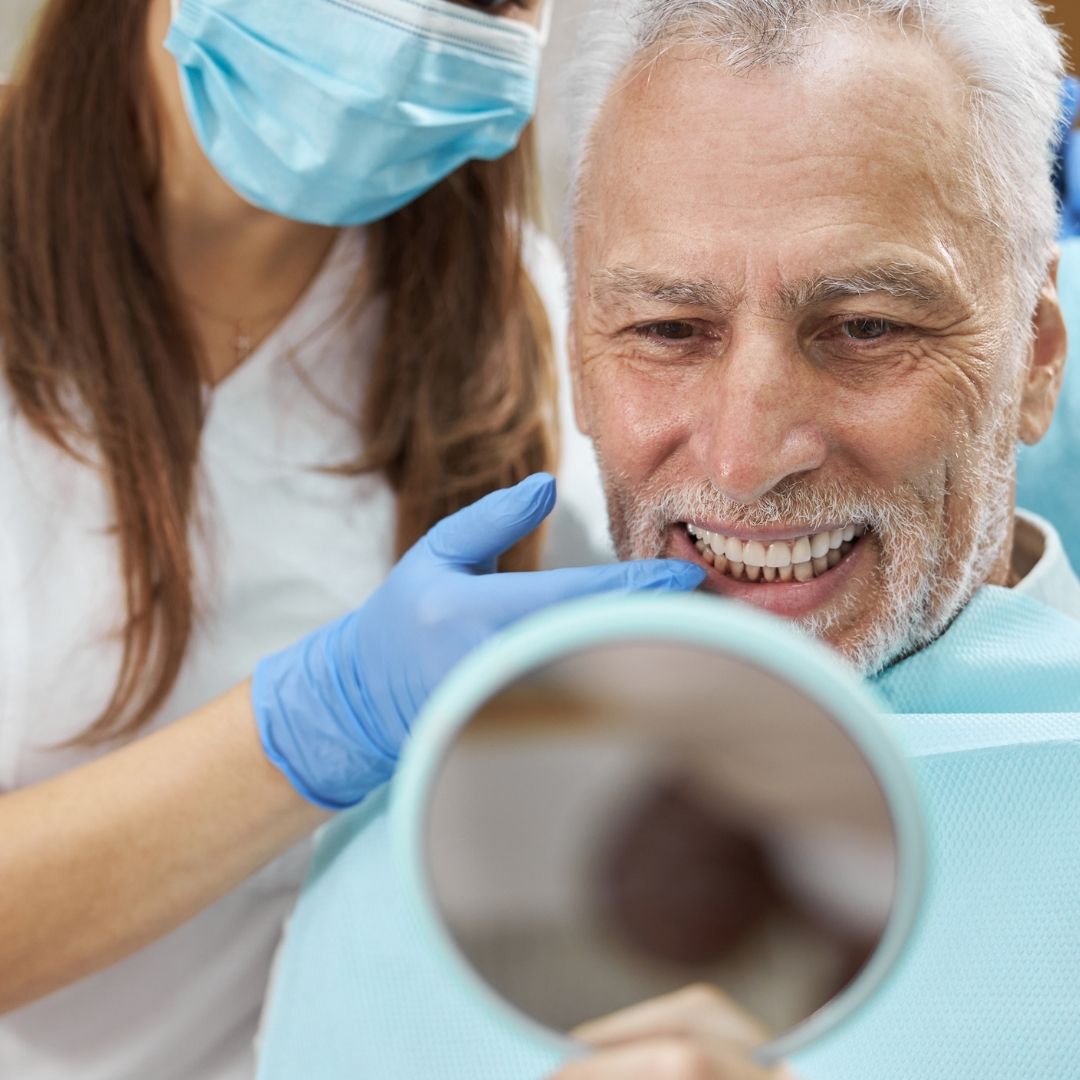Best Countries for Dental Implants

Dental implants have revolutionized restorative dentistry, offering a permanent solution for missing teeth that looks, feels, and functions like natural teeth. However, the cost of dental implants varies dramatically worldwide, leading millions of patients to explore dental tourism as a viable option. This comprehensive analysis examines the best countries for dental implants, weighing factors such as cost, quality, safety standards, and overall patient experience.
The Economics of Dental Tourism
The global dental implant market has experienced unprecedented growth, with procedures in developed countries often costing between $3,000 to $6,000 per implant in the United States and United Kingdom. This steep pricing has created a thriving dental tourism industry, where patients can save 50-80% on treatment costs while often receiving comparable or superior care.
The economic disparity stems from several factors: lower labor costs in developing nations, reduced overhead expenses, favorable exchange rates, and government incentives for medical tourism. Countries that have capitalized on this trend have invested heavily in modern facilities, international accreditation, and English-speaking staff to attract foreign patients.
Leading Destinations for Dental Implants
Turkey: The Crown Jewel of Dental Tourism
Turkey has emerged as the undisputed leader in dental tourism, attracting over 750,000 dental tourists annually. The country offers dental implants at a fraction of Western prices, typically ranging from $400 to $1,000 per implant compared to $3,000-6,000 in the US or UK.
Advantages:
- Cost Efficiency: Savings of up to 70% compared to Western countries
- Modern Facilities: State-of-the-art clinics with cutting-edge technology
- Experienced Practitioners: Many Turkish dentists have trained internationally
- Tourism Infrastructure: Well-developed medical tourism sector with comprehensive packages
- Geographic Accessibility: Easy travel from Europe, Middle East, and Central Asia
Quality Considerations: Turkish dental clinics, particularly in Istanbul and Ankara, often exceed international standards. Many facilities hold JCI (Joint Commission International) accreditation and use premium implant brands like Nobel Biocare, Straumann, and Zimmer Biomet. The country’s dental education system is rigorous, with many practitioners holding advanced degrees from European or American institutions.
Hungary: Europe’s Dental Capital
Hungary has long been recognized as the “dental capital of Europe,” with Budapest serving as a hub for dental tourism since the 1990s. The country treats over 40,000 dental tourists annually, primarily from the UK, Austria, and Germany.
Advantages:
- EU Standards: Compliance with European Union medical regulations
- Language Proficiency: High levels of English and German fluency
- Cultural Familiarity: European cultural context comfortable for Western patients
- Established Reputation: Decades of experience in dental tourism
- Cost Savings: 50-60% less expensive than Western Europe
Quality Assurance: Hungarian dental education follows strict EU standards, and many clinics maintain certifications from international bodies. The country’s dental tourism industry is mature and well-regulated, with established protocols for patient care and follow-up treatment.
Czech Republic: Premium Quality at Competitive Prices
The Czech Republic, particularly Prague, has built a reputation for exceptional dental care that rivals Western European standards while maintaining competitive pricing.
Advantages:
- High Concentration of Specialists: Prague has the highest density of qualified dentists in Central Europe
- Advanced Technology: Investment in latest dental technologies and techniques
- EU Compliance: Full adherence to European medical standards
- Cultural Appeal: Rich historical and cultural attractions for medical tourists
Mexico: Gateway for North American Patients
Mexico’s proximity to the United States has made it a popular destination for American dental tourists, with cities like Tijuana, Cancun, and Mexico City leading the market.
Advantages:
- Geographic Convenience: Easy access for US and Canadian patients
- Cost Effectiveness: 60-70% savings compared to US prices
- No Visa Requirements: US citizens can travel without visas for medical treatment
- Established Infrastructure: Well-developed medical tourism sector
Considerations: Quality varies significantly between clinics, making thorough research essential. Top-tier facilities match international standards, while others may fall short of expectations.
Thailand: The Land of Smiles and Quality Care
Thailand has positioned itself as a premium medical tourism destination, with Bangkok and Phuket hosting world-class dental facilities.
Advantages:
- Luxury Experience: High-end facilities with hotel-like amenities
- International Standards: Many hospitals hold JCI accreditation
- English Proficiency: Widespread English language capability
- Tourism Appeal: Opportunity to combine treatment with vacation
Investment in Quality: Thai dental facilities often surpass Western standards in terms of amenities and patient experience, with many clinics resembling luxury spas rather than traditional medical facilities.
Critical Factors in Country Selection
Quality and Safety Standards
When evaluating countries for dental implants, accreditation is paramount. Look for facilities with:
- JCI (Joint Commission International) certification
- ISO 9001 quality management standards
- Local medical board certifications
- International dental association memberships
Implant Brand Quality
Reputable clinics use premium implant brands such as:
- Nobel Biocare (Sweden): Industry pioneer with extensive research backing
- Straumann (Switzerland): Known for high success rates and innovation
- Zimmer Biomet (USA): Comprehensive implant systems with proven track records
- Astra Tech (Sweden): Premium implants with excellent osseointegration
Avoid clinics using unknown or uncertified implant brands, as this can compromise long-term success rates.
Practitioner Qualifications
Verify that your chosen dentist has:
- Advanced training in implantology
- International certifications or training
- Membership in professional organizations
- Proven track record with documented success rates
Follow-up Care and Warranties
Consider the clinic’s policies regarding:
- Post-operative care and monitoring
- Warranty coverage for implants and procedures
- Accessibility for future maintenance or complications
- Partnerships with dentists in your home country
Financial Considerations and Hidden Costs
While cost savings are attractive, factor in additional expenses:
Travel Costs:
- International flights
- Accommodation for extended stays
- Local transportation
- Meals and incidental expenses
Treatment-Related Expenses:
- Initial consultation and diagnostics
- Potential additional procedures (bone grafts, extractions)
- Multiple visits for staged treatments
- Emergency care if complications arise
Long-term Considerations:
- Follow-up visits for maintenance
- Potential complications requiring local treatment
- Warranty limitations and geographic restrictions
Risk Assessment and Mitigation
Common Risks in Dental Tourism
Quality Variability: Standards can vary dramatically between countries and individual clinics Communication Barriers: Language differences may complicate treatment planning and aftercare Limited Recourse: Difficulty pursuing legal remedies for complications or malpractice Continuity of Care: Challenges in maintaining long-term dental health relationships
Risk Mitigation Strategies
Thorough Research: Investigate clinic credentials, practitioner qualifications, and patient reviews Multiple Consultations: Seek second opinions from local dentists before traveling Comprehensive Insurance: Ensure adequate coverage for potential complications Documentation: Maintain detailed treatment records for future reference
The Future of Global Dental Care
The dental tourism industry continues evolving, with emerging destinations like Poland, Costa Rica, and Malaysia gaining recognition. Technological advances such as digital dentistry, 3D printing, and artificial intelligence are democratizing access to high-quality care globally.
Countries are increasingly investing in medical tourism infrastructure, recognizing its economic potential. This competition benefits patients through improved quality, competitive pricing, and enhanced patient experiences.
Making an Informed Decision
Choosing the best country for dental implants requires careful consideration of multiple factors beyond cost savings. Turkey and Hungary lead in combining affordability with quality, while countries like Czech Republic and Thailand offer premium experiences at competitive prices. Mexico remains attractive for North American patients seeking convenience, while emerging destinations provide new opportunities for cost-conscious patients.
The key to successful dental tourism lies in thorough research, realistic expectations, and choosing reputable providers committed to international standards. While significant savings are possible, the primary focus should always be on achieving optimal long-term oral health outcomes.
As the global dental market continues to mature, patients benefit from increased choices, improved quality standards, and competitive pricing. The future of dental care is increasingly international, offering patients unprecedented access to world-class treatment regardless of their geographic location or economic circumstances.
Whether seeking basic implant placement or complex full-mouth reconstruction, today’s dental tourists have access to exceptional care at a fraction of traditional costs, provided they make informed choices and prioritize quality alongside affordability.
